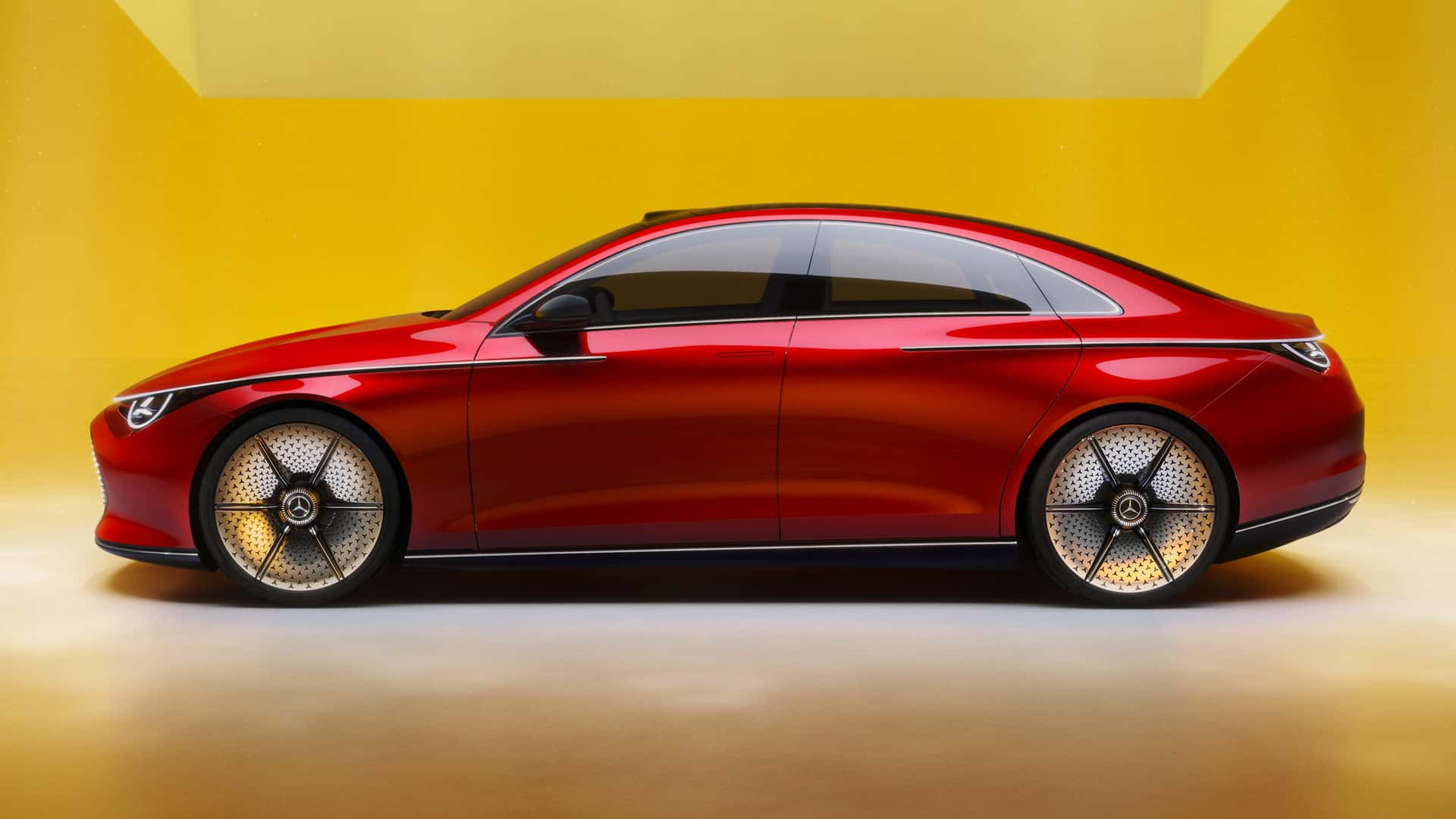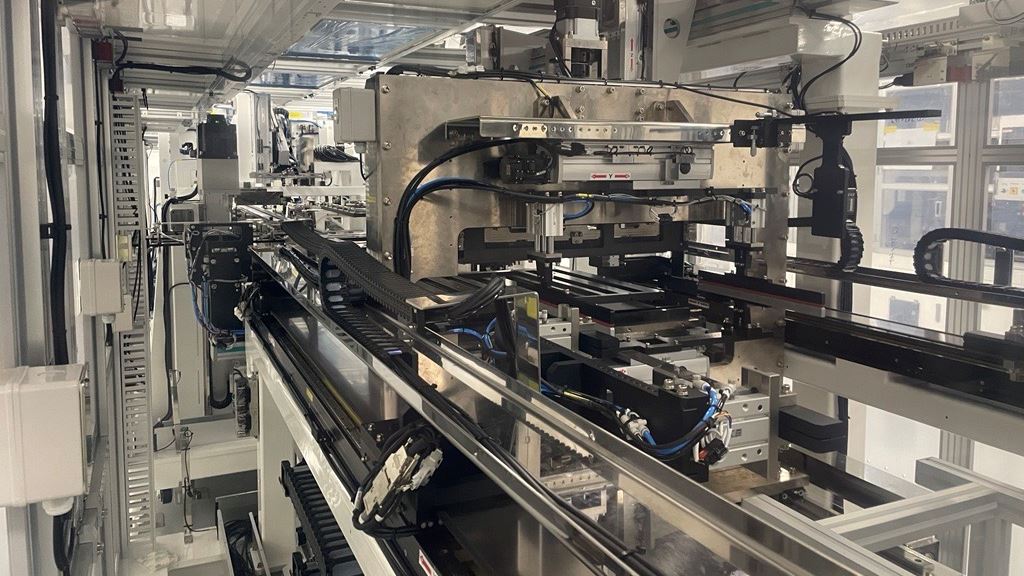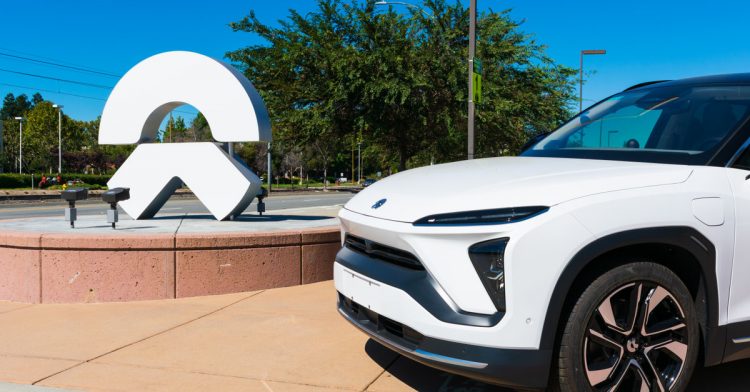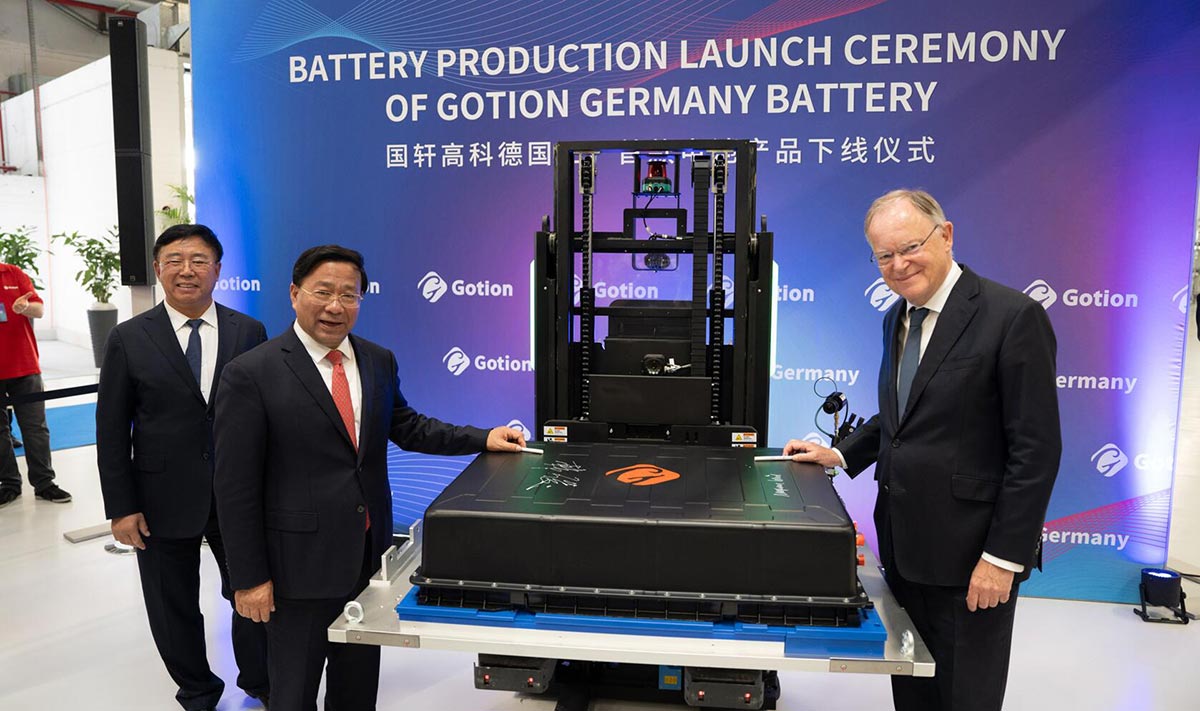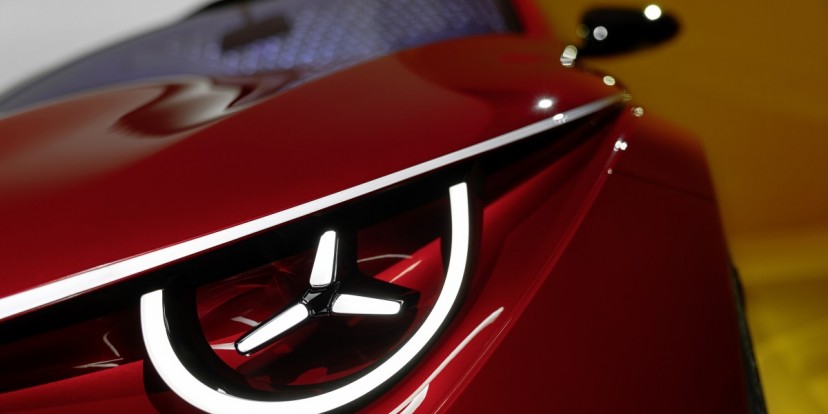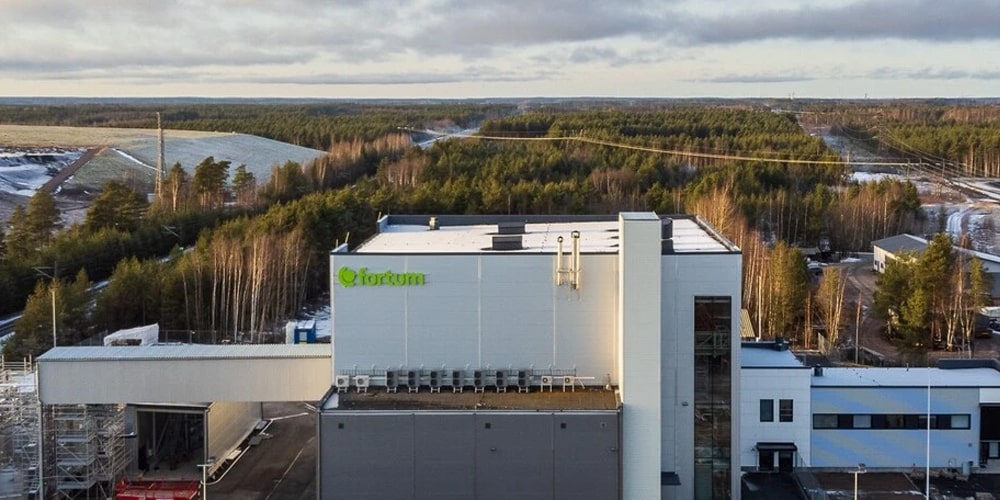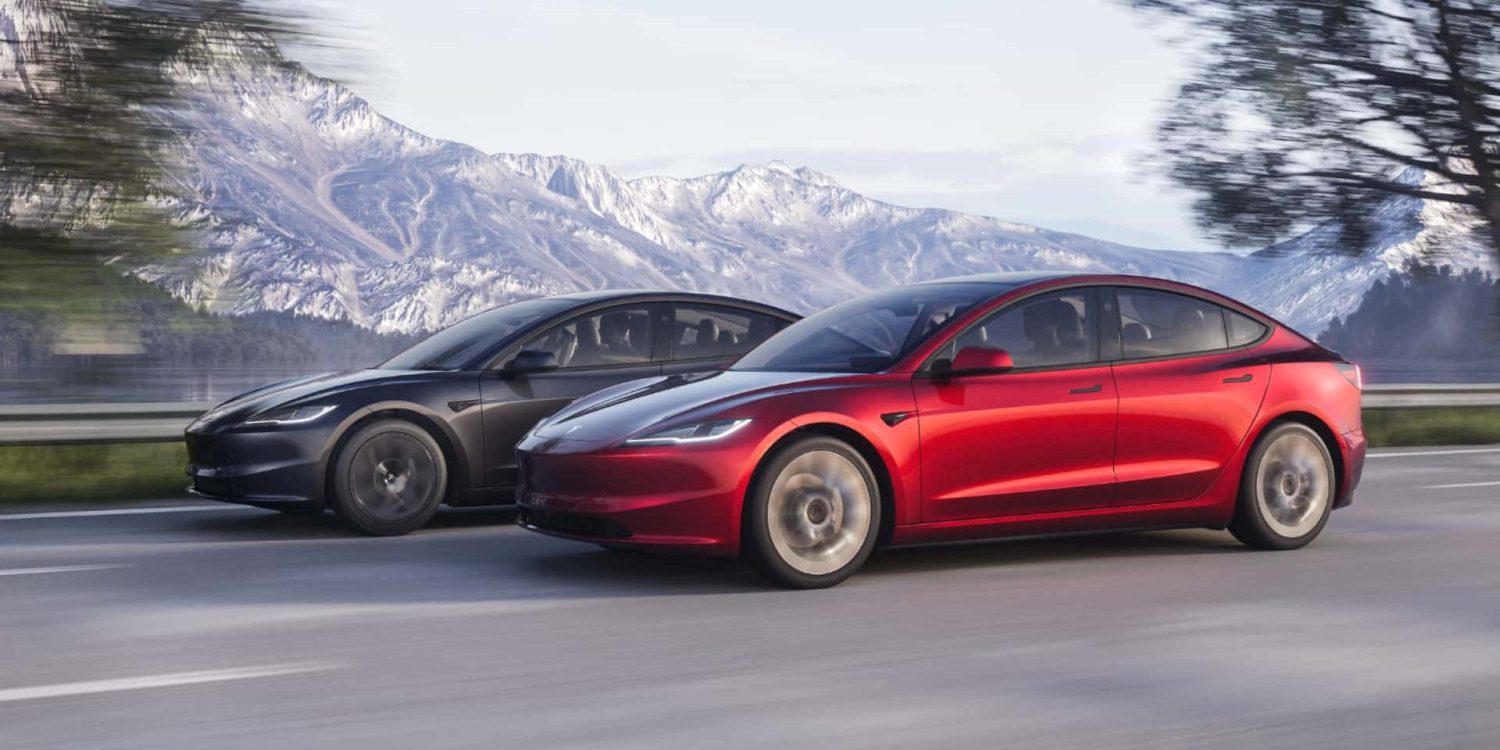Mercedes-Benz is set to utilize battery cells from Chinese electric vehicle (EV) manufacturer BYD for its forthcoming all-electric CLA model, as per a report from Chinese media. The CLA, initially introduced as a concept at the IAA Mobility, is slated to enter the market next year.
The China Automotive Battery Research Institute’s official magazine, CBEA, cited sources within Mercedes-Benz to report on the integration of BYD’s LFP (lithium iron phosphate) battery cells into the electric CLA. This aligns with Mercedes-Benz’s previous statements during the concept’s unveiling, where they indicated the use of LFP chemistry cells in the entry-level variant. However, the Stuttgart-based automaker did not disclose a specific supplier during the presentation in Munich.
The electric CLA is expected to serve as a preview for the upcoming vehicle family built upon the Mercedes-Benz Modular Architecture (MMA), an 800-volt platform designed for smaller Mercedes models. The MMA platform, developed with an “Electric First” approach, can accommodate both electric and combustion engines.
Mercedes-Benz’s new in-house powertrain, derived from the Vision EQXX electric drive, boasts an 800-volt architecture coupled with a high-energy-density battery and an efficient electric drive unit. The automaker claims a remarkably low energy consumption of just 12 kWh per 100 kilometers and an anticipated WLTP range exceeding 750 kilometers for the Concept CLA Class. However, LFP batteries are earmarked solely for the entry-level model, while details regarding the cathode for the top variant remain undisclosed.
According to CBEA magazine, Mercedes-Benz is poised to procure BYD’s Blade battery for its LFP-equipped models. The Blade battery, notable for its elongated cell design resembling a sword’s blade, employs a cell-to-pack technology, directly integrating cells into the battery pack to enhance energy density at the pack level. BYD supplies Blade batteries to its own EV models and third-party manufacturers, including Tesla’s Berlin plant, Toyota’s bz3, and Kia’s EV5.
See also: Mercedes-Benz CEO Predicts Higher Variable Costs for Electric Vehicles in the Future
While the report indicates Mercedes-Benz’s collaboration with BYD, it remains uncertain whether the German automaker will exclusively utilize Blade batteries for production in China or extend their use to the international version.
Notably, Mercedes-Benz and BYD have a history of collaboration, with the two companies establishing the joint venture Denza in 2010, although Mercedes-Benz (then Daimler) reduced its stake to ten percent in December 2021.

